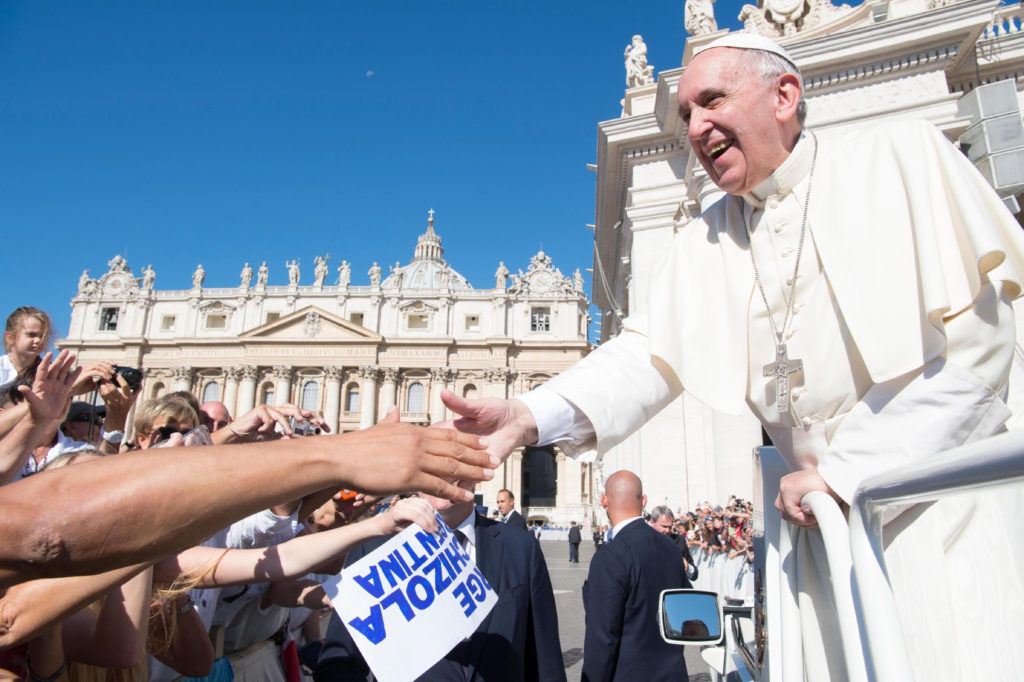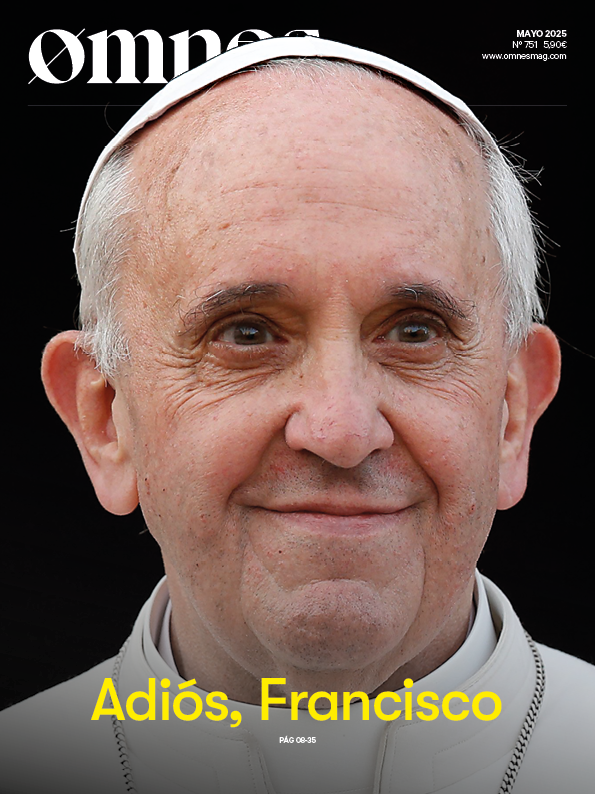In the last month we have received from Pope Francis a new document very representative of his way of responding, as Successor of Peter, to the challenges of the present time. It is the Apostolic Letter, in the form of a Motu propriotitled Like a loving motherThe "Canon Law", a small text of a normative nature that further clarifies the canons of the Code of Canon Law, which regulate the "grave motives" that can lead to the removal of diocesan bishops, eparchs and those assimilated to them by law.
With this document, the Pope specifies that among the serious causes is the negligence of bishops in the fulfillment of their office, in particular with regard to cases of abuse of minors. The love that the Church professes for all her children, like that of a loving mother, translates into special care and attention for the smallest and most defenseless. Neglect in the defense of the helpless, such as children who have suffered the horror of abuse, mortally damages a mother's love and in many cases causes incurable wounds. Firmness in the face of negligence is a requirement of maternal love and an effective school of prevention. In this Extraordinary Holy Year, with this Apostolic Letter, the Pope shows us once again that mercy is a mother's tender love, which is moved by the fragility of her newborn child and embraces it, supplying all that it lacks so that it can live and grow. From the perspective of maternal love, we can review other interventions of Pope Francis in recent weeks.
As a loving mother, the Pope continues to comment on Gospel passages in the catecheses of the Wednesday and Saturday Audiences to introduce us to the unfathomable mystery of divine mercy. Through some parables of mercy, we have been taught the correct attitude for praying and invoking the Father's mercy. Also through miracles, understood as signs, Jesus Christ reveals to us the love of God, as in the wedding at Cana or in the healing of the blind man by the roadside or of the leper who came to him in supplication. "Jesus never remains indifferent to prayer made with humility and trust, he rejects all human prejudices, and shows himself close, teaching us that we too need not be afraid to approach and touch the poor and the excluded, because in them is Christ himself.".
With the patient attitude of a loving mother, the Pope sat down before the priests gathered to celebrate his Jubilee in this Holy Year and addressed three meditations to them during the spiritual retreat organized for the occasion. Showing the way between the distance and the feast, Francis first meditated on the "dignity shamed" and the "dignified shame"which is the fruit of mercy. He then meditated on the "receptacle of mercy". which is our sin and presented Mary as the recipient and source of mercy. In the last meditation, he proposed to focus on the works of mercy, under the title. "The good odor of Christ and the light of His mercy.". The priestly retreat, preached on the eve of the Solemnity of the Sacred Heart of Jesus, was a precious occasion to advise us to reread the Encyclical Haurietis aquas of Pius XII and remind us that the center of mercy is the Heart of Christ and that "the heart that God unites to this moral misery of ours is the heart of Christ, his beloved Son, which beats as one heart with that of the Father and that of the Spirit.".
Finally, we have found the exercise of a loving mother in the Jubilee of the sick and disabled, in the various audiences and in the apostolic journey to Armenia, the land of Noah, where the small Catholic community and the Armenian Apostolic Church, a century after the genocide of 1915, receive the maternal embrace of the Pope, who wants, with his words and gestures, to show his special solicitude for the most helpless.








